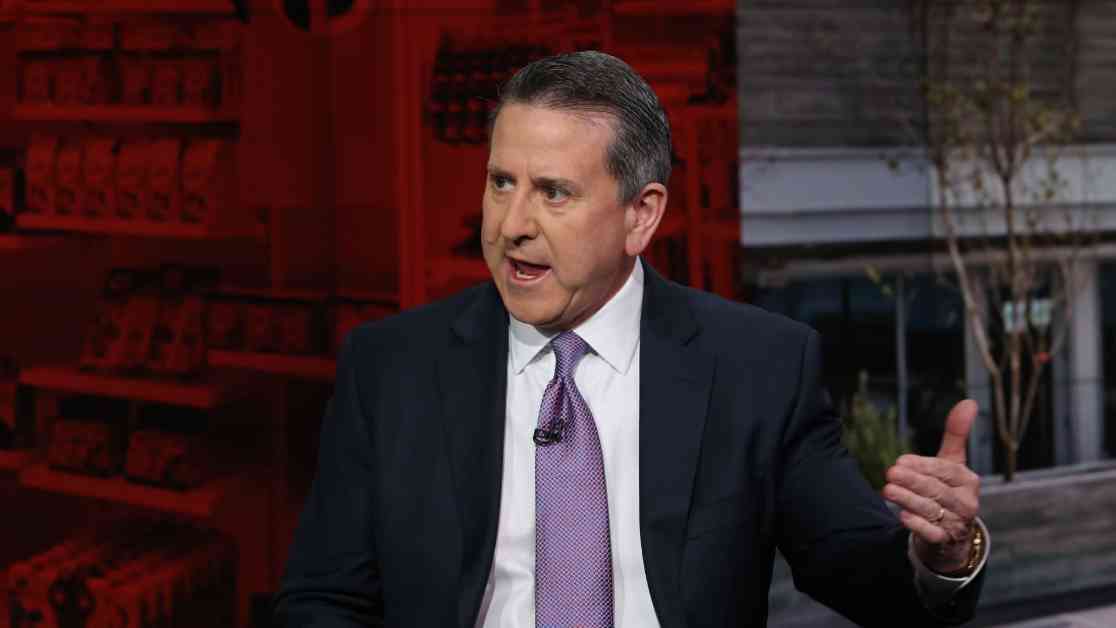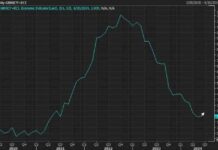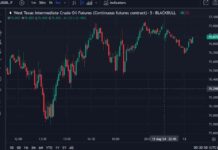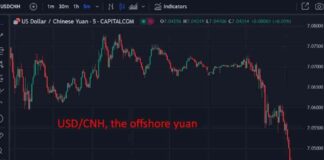Target CEO Brian Cornell Addresses Accusations of Price Gouging
In a recent interview on CNBC’s “Squawk Box,” Target CEO Brian Cornell addressed accusations of price gouging in the retail industry. Cornell emphasized that there is no room for price gouging in a highly competitive business like retail. He disputed campaign talking points accusing grocers of inflating prices, stating that retailers must be responsive to customers’ needs to stay competitive in the market.
Responding to comments made by Democratic presidential nominee Vice President Kamala Harris, who proposed a federal ban on corporate price-gouging in the food and grocery industries, Cornell emphasized that Target operates on small profit margins. He highlighted the importance of providing value to customers and acknowledged the various channels available for consumers to compare prices and find the best deals.
Insights from Target’s CEO
Challenges in the Retail Industry
Cornell’s remarks come at a time when retailers are facing challenges related to inflation and consumer outrage over high prices. With companies like Home Depot, Walmart, and Macy’s reporting cautious consumer spending, retailers are under pressure to offer competitive pricing and value to attract customers.
Target, known for its commitment to providing affordable products, has responded to consumer concerns by lowering prices on thousands of everyday items. The retailer’s strategy to drive higher traffic and sales through price reductions has shown positive results, with a 3% increase in customer traffic across stores and online platforms.
Strategies for Value Creation
In his interview, Cornell emphasized Target’s focus on appealing to budget-conscious consumers and its commitment to offering value. The retailer’s DNA is rooted in providing quality products at affordable prices, and Cornell highlighted the company’s efforts to continuously adapt to changing consumer preferences.
To meet the evolving needs of shoppers, Target has implemented various strategies, such as price reductions on essential items like diapers and peanut butter. By offering discounts on everyday products, the retailer aims to attract price-sensitive customers and drive sales growth.
Industry Response to Pricing Pressures
Other retailers in the industry, including Walmart, have also responded to pricing pressures by lowering prices in specific merchandise categories. Walmart CEO Doug McMillon acknowledged the challenges posed by inflation, particularly in the dry groceries and processed foods aisles.
McMillon emphasized the importance of pushing back against cost increases from suppliers to ensure that prices remain competitive for consumers. By actively engaging with brands and negotiating for lower prices, retailers like Walmart are working to alleviate the financial burden on shoppers.
Market Trends and Consumer Behavior
The retail industry is closely monitoring market trends and consumer behavior to adapt to changing economic conditions. With inflation impacting purchasing power and influencing buying decisions, retailers are exploring innovative strategies to maintain customer loyalty and drive sales growth.
Consumer sentiment plays a crucial role in shaping retail strategies, as shoppers prioritize value and affordability when making purchasing decisions. By understanding consumer preferences and responding to evolving market dynamics, retailers can position themselves for success in a competitive marketplace.
In Conclusion
As retailers navigate the complexities of pricing pressures and consumer demands, strategies that prioritize value creation and customer satisfaction are essential for long-term success. Target’s CEO Brian Cornell’s insights shed light on the importance of providing affordable products and engaging with customers to build lasting relationships.
By staying attuned to market trends, responding to consumer feedback, and implementing innovative pricing strategies, retailers can overcome challenges related to price gouging and inflation. As the retail landscape continues to evolve, companies that prioritize value and transparency will emerge as leaders in the industry.

















